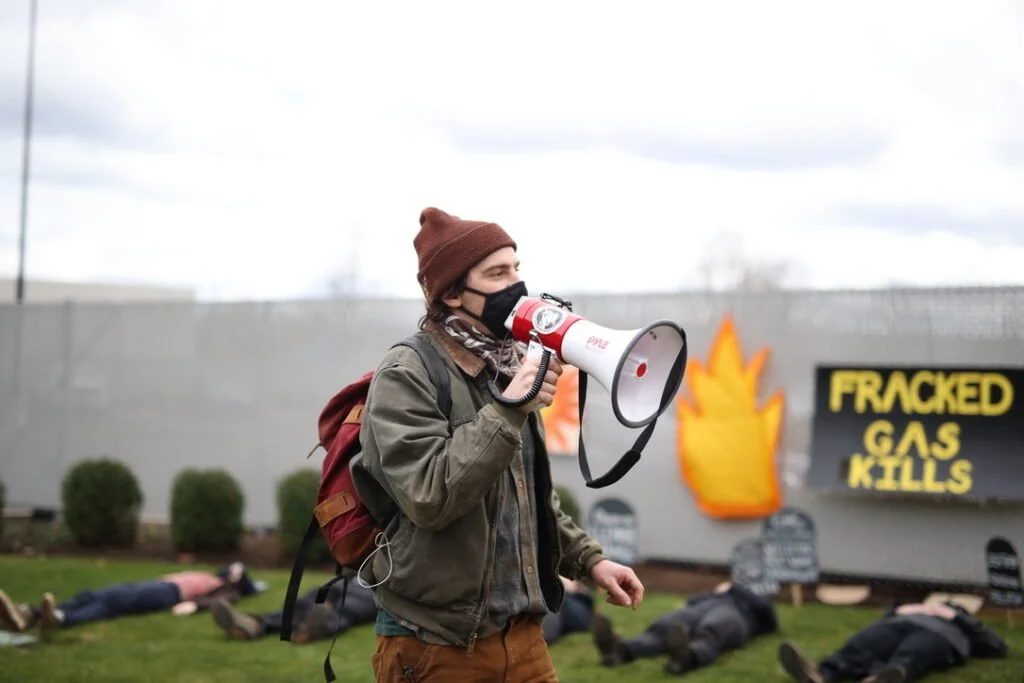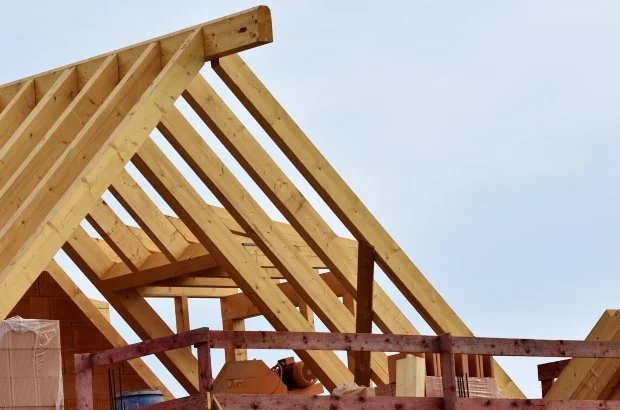
ZERO Coalition News
ZERO Coalition (ZERO) and Sustainable Building Week (SBW) are combining forces to continue helping the Oregon sustainable building community advance sustainability in a way that leaves no one behind. Together, we will expand opportunities for education, advocacy, and collaboration to make sustainability more accessible and actionable.
In response to calls for Gov. Kotek’s Housing Production Advisory Council to expedite residential construction by relaxing energy efficiency and climate mitigation building requirements, the ZERO Coalition has submitted a series of policy papers urging the Council to ensure that climate impact remains a key consideration for equitably increasing housing stock. The papers outline recommendations that can be adopted to ensure the state meets both its housing supply and building decarbonization goals.
With passage of the Climate Package (kudos to Chris Forney for all his work and Kaley Fought for her testimony) and the Board of Architect Examiner’s technical bill (applause to Mark Jacobsen, Curt Wilson and Eric Sandoval for their time and efforts) this can be considered a successful session for our advocacy efforts.
In an era defined by unprecedented environmental challenges, the call for climate justice has grown stronger than ever. As the global community grapples with the consequences of climate change, there is hope to be found in the many passionate organizations committed to effecting positive change. In this blog post, we turn our spotlight to 350 Eugene and Fossil Free Eugene, two of ZERO Coalition’s Community Partners, to learn how these organizations have risen to the forefront of the battle for a sustainable and equitable future.
Due to the sheer number of existing buildings, it’s not enough to focus solely on reducing greenhouse gas (GHG) emissions through new construction. And wider implementation of energy-efficient systems through retrofitting will have a massive impact. Moreover, retrofitting presents opportunities to address longtime inequities in the housing sector, providing broader access to energy-saving measures. The most common barriers are capital costs, and owners’ lack of knowledge that today’s reliable technologies pay dividends far into the future.
While Oregon’s constitution only allows the short legislative session to last 35 days, this year legislators needed just 32 days to wrap the state’s business. It was a fast and furious pace, with the Climate Solutions team and our allies trying to ensure Oregon does not lose a year on desperately-needed climate progress. This session, the legislature provided historic levels of investments in clean energy solutions and electric vehicles, as well as significant progress for environmental and social justice in our state. As you will read below, the table is now set for 2023 to be a banner year for state legislative progress.
The Office of Sustainability joined the Zero Coalition in November 2021. As a County, we have been on a path to net zero buildings since the adoption of our High Performance Green Building Standard in 2012, which aligned County building standards with Architecture 2030 goals. This year we accelerated that timeline by committing to no fossil fuels in new construction and major renovations. These goals, and the goals of the Coalition, are vital to Multnomah County’s commitment to reduce greenhouse gas emissions and reach our ambitious goals of powering our economy with 100% renewable energy.
The Energy Program (originally the energy challenge) focuses on advocacy work toward systemic policy and climate solutions. We’ve managed the Central Oregon Green Home & Solar tour for several years now which has been a great place for industry members to connect with each other and the community.
Attention to energy efficiency and indoor air quality is higher than ever before, and although 2020 wasn’t what anyone had expected it to be, the ZERO Coalition continued to pursue an active year thanks to all of our members and committee chairs. Read more to see what specific committees have been up to this year, and consider joining us to make 2021 an even better year for ZERO.
The following interview is the story of this sustainable infill project, bringing Waterleaf one step closer to our 2030 Challenge goal to take care of our health and the health of our planet. This project is Earth Advantage Platinum Certified. The process to achieve that certification required early steps in the design for significant energy savings, resulting in a balanced, sustainable design that allowed the client to respond to neighborhood concerns and create the right development for the site.
For the last year and a half, I have served as the Chair of the Justice, Equity, Diversity, and Inclusion (JEDI) Team at the ZERO Coalition. This has been an exploration into how a group of traditionally white-led green building organizations could help be a part of a just transition to a zero-carbon built environment.
This toolkit is a resource for Oregonians working to increase adoption of zero energy and zero energy ready buildings – policymakers, designers, builders, nonprofits, code writers, and climate justice advocates.
Energy efficiency added more new jobs than any other industry in the entire U.S. energy sector in 2017, and now employs nearly 2.25 million Americans, according to a new jobs analysis from E4TheFuture and the national, nonpartisan business group E2 (Environmental Entrepreneurs). The new report, Energy Efficiency Jobs in America 2018, finds energy efficiency workers now outnumber elementary and middle school teachers, and are nearly double the number of Americans who work in law enforcement.
Cities face unrelenting demands on policy priorities. Affordable housing, transportation, economic development, climate action, and other pressing issues compete for limited resources and funds. Now is a moment in time, however, when the opportunity to make significant progress toward carbon emission goals, to stimulate the local economy and to reduce the ongoing energy burden for owners and renters is attainable by many cities at very little cost or effort.
If there’s a defining theme for the building sector in 2019, it’s energy codes. Actions to update the rules that cities and states set to determine how effectively new residential and commercial buildings use energy are progressing on several fronts across the U.S. These regulations define the next generation of building design and construction in terms of energy performance and since those projects will be in operation for decades, performance matters a great deal—now more than ever. You see, 2018 culminated with a preponderance of evidence that climate change is real and the time for action is immediate. Natural disasters are wreaking havoc across the globe and new reports sound the alarm for governments to do more to limit temperature rise.



















If you're reading this, you may have an interest in sustainability in the built environment or in how buildings' energy use impacts climate change. However, applying for an open seat on the Bureau of Codes Division (BCD) Advisory Boards may not have crossed your mind. You may have never thought about how building codes are developed or how often they are updated. But if you care about climate change and future generations, you should know that buildings account for approximately 40% of Oregon's energy use and emit around 28% of the greenhouse gas pollutants that are harmful to our health and contribute to more and worse climate destruction. Volunteering for a seat on a BCD Advisory Board is an excellent way to help reduce the climate impact of the built environment.